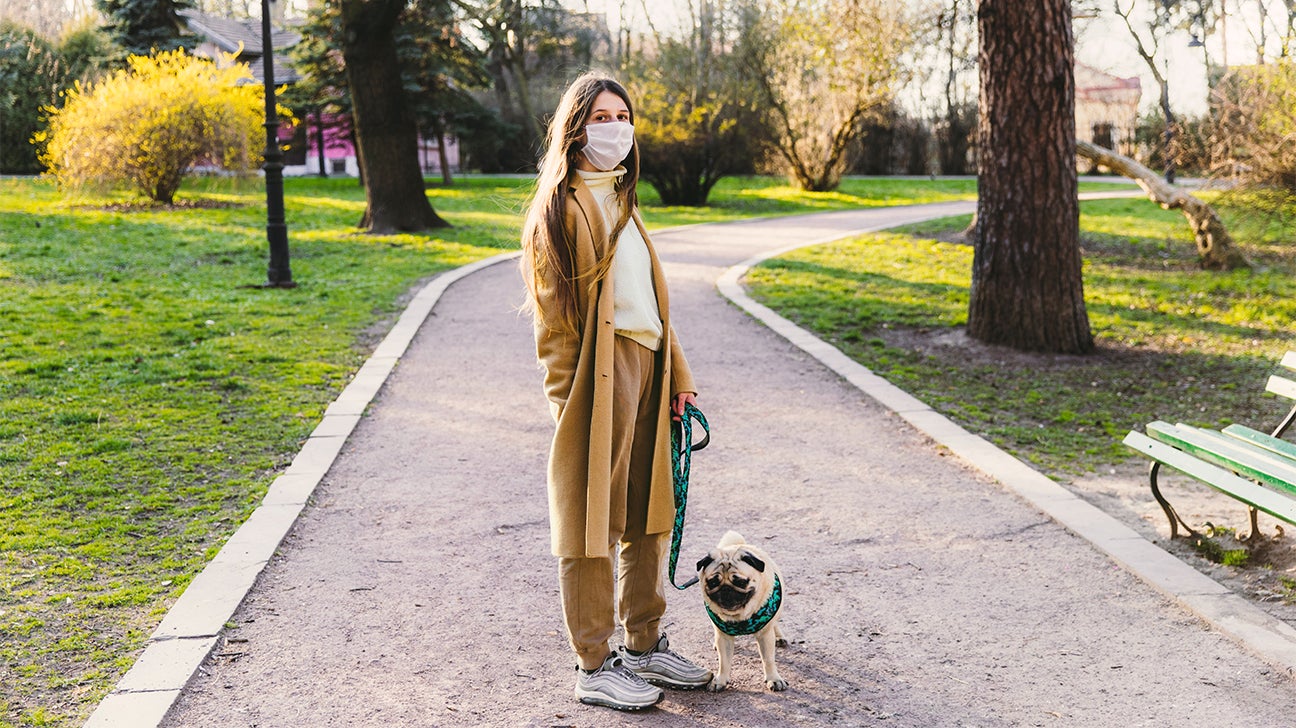How to Avoid Maskne (Mask Acne) Breakouts
In an effort to slow the spread of COVID-19, wearing a face mask has become part of our daily routine. It’s now required in many public places, such as restaurants and grocery stores, as a barrier against the new coronavirus that spreads through respiratory droplets.
If you develop breakouts from wearing a mask, you’re not alone. This condition, known as “maskne” (mask acne), is a common side effect of using a mask.
Maskne doesn’t simply cause pimples, though. It may also result in skin issues including redness, bumpiness, and irritation.
If you’re concerned about maskne, read on. We’ll explore the potential causes, as well as ways to treat and prevent it.
What to know about maskne skin conditions
Generally, “maskne” is an umbrella term for several skin conditions that can be caused by wearing a face mask or covering. It can include:
- Acne. Acne happens when your pores become clogged with oil, dead skin cells, and dirt. It can cause pimples, whiteheads, or blackheads.
- Rosacea. If you have rosacea, wearing a mask may cause flare-ups. This can lead to pimples and redness.
- Contact dermatitis. Contact dermatitis occurs when you’re allergic or sensitive to the material of your mask. It can result in a red rash, along with irritation and blisters.
- Folliculitis. Folliculitis, or an infection of your hair follicles, causes bumps that look like an acne breakout. You might also experience itchiness or pain.
If you already have one of these conditions, you may be more prone to developing maskne.
What causes it?
Because maskne can involve various skin conditions, the exact cause of your symptoms may vary.
In most cases, maskne is the result of clogged pores. You already have oil, bacteria, and dead skin cells on your skin. But when you wear a mask, these substances can build up more and block your pores.
A mask also traps humidity due to your breathing and sweating, which may increase the risk of acne.
Another possible cause is friction. The material of a face covering can rub against your skin, leading to chafing and irritation.
Or you may be sensitive or allergic to the material of your face covering. Some masks are pretreated with chemicals or feel rough on the skin. Similarly, wearing a mask that’s been washed in a scented detergent may cause irritation.



0 comments